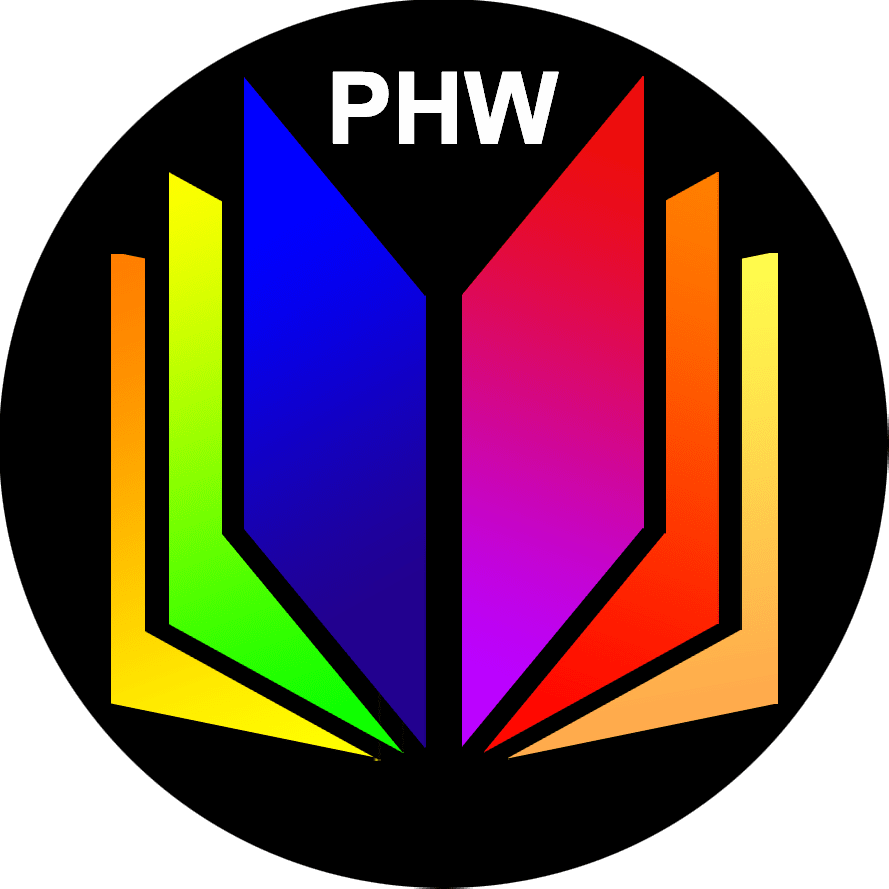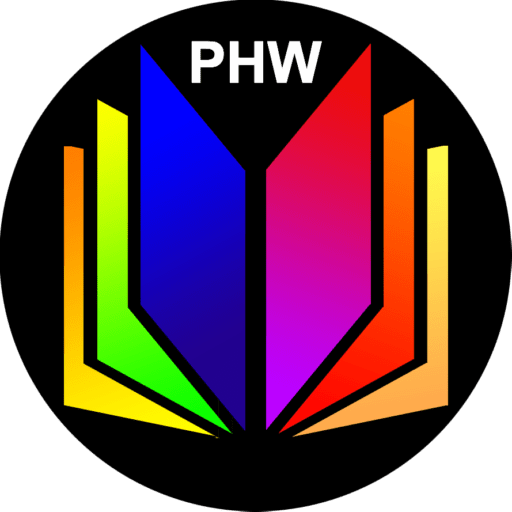The realms of academic, creative, and professional writing are governed by a fundamental rule: the sanctity of originality. In this context, understanding the fine line between paraphrasing vs plagiarism is crucial. While both involve the use of existing information, they differ starkly in execution and ethical implications. This blog post aims to delve into the depths of paraphrasing and plagiarism, dissecting their differences, exploring their respective roles in writing, and providing guidance on how to effectively engage in ethical paraphrasing.
The Definition Divide: Paraphrasing vs Plagiarism Explained
At its core, plagiarism is the act of using someone else’s work or ideas without proper acknowledgment, effectively passing them off as one’s own. It’s a serious ethical breach that can lead to academic discredit, legal issues, and loss of professional reputation. Paraphrasing, in contrast, is the art of rewriting someone else’s ideas in one’s own words, maintaining the original message but presenting it anew. It requires comprehension, creativity, and skill, and when done correctly, includes proper citation to avoid the pitfalls of plagiarism.
Understanding Plagiarism: More Than Copy and Paste
Plagiarism isn’t just about copying and pasting text; it can manifest in subtler forms, such as stealing the structure of a text or using someone’s ideas without giving credit. In the digital age, where information is just a click away, the temptation to plagiarize can be strong, but the consequences are far-reaching and damaging.
Mastering Paraphrasing: A Skill of Rewriting
Paraphrasing is a skill that writers develop over time. It involves reading and fully understanding the source material, and then expressing the same ideas in an original manner. Effective paraphrasing goes beyond just swapping words with synonyms; it involves rethinking and rearticulating the concept in your unique style and voice.
The Ethical Way to Paraphrase
Ethical paraphrasing involves several key steps:
- Thorough Understanding: Absorb and comprehend the original text completely.
- Rewriting with Originality: Express the core ideas in a new form, using your vocabulary and sentence structure.
- Citing the Source: Even when paraphrased, the original idea belongs to someone else. Proper citation is non-negotiable.
- Adding Personal Insights: Enhance the paraphrased content with your interpretation or analysis to make it unique and valuable.
Paraphrasing vs Plagiarism: The Legal and Ethical Landscape
Legally, plagiarism can infringe on copyright laws, leading to severe repercussions. Ethically, it erodes the trust between the writer and the reader, and among peers within the academic and professional communities. Paraphrasing, when done correctly and ethically, is both legal and moral, serving as a tool for writers to engage with existing material creatively and respectfully.
Why Paraphrasing Is Essential in Writing
Paraphrasing is not just about avoiding plagiarism. It’s a critical tool for understanding, processing, and conveying information. In academic writing, it allows scholars to build upon existing knowledge. In creative writing, it provides a means to draw inspiration from various sources while maintaining originality. In professional settings, it helps in communicating complex ideas more clearly and effectively.
Best Practices in Paraphrasing
To hone the art of paraphrasing, consider the following best practices:
- Use Multiple Sources: Drawing from a variety of sources can enrich your understanding and help you present a more rounded perspective.
- Practice Active Reading: Engage with the text critically, making notes and summarizing key points in your own words.
- Leverage Writing Tools: Various online tools can help in ensuring your paraphrasing doesn’t veer into plagiarism.
- Seek Feedback: Regular feedback from peers or mentors can help improve your paraphrasing skills.
Conclusion: Paraphrasing vs Plagiarism
Navigating the line between paraphrasing vs plagiarism is a critical skill in any writer’s toolkit. It is about respecting intellectual property, maintaining integrity in writing, and cultivating a practice of ethical content creation. By mastering the art of paraphrasing, writers not only safeguard themselves from the pitfalls of plagiarism but also enhance their ability to engage with and contribute to the vast landscape of knowledge and ideas.
In a world awash with information, the ability to paraphrase effectively is more than a technical skill; it is a mark of a thoughtful, ethical, and skilled writer. It allows writers to weave the rich tapestry of existing knowledge into new and original narratives, enriching the world of literature, academia, and beyond with their unique contributions.
_______________________________________________
Stay Ahead of the Curve with The Publisher’s Diary Newsletter!
Don’t let the conversation stop here. Subscribe to The Publisher’s Diary Newsletter and receive more insightful articles, exclusive tips, and the latest trends in publishing directly to your inbox. Join a community of like-minded professionals who are shaping the future of publishing today.
Subscribe Now and transform your passion for publishing into actionable success!
Connect with Our Community on Facebook!
Take your engagement to the next level by joining our Facebook page, The Ridge Publishing Group, and our exclusive closed group, Publisher and Her World Forum. Dive deeper into the world of publishing with a community of enthusiasts who share your passion. Get access to special content, live discussions, and the opportunity to network with industry experts and fellow publishers.
Like our Page and Join our Group to start connecting with the best in the business today!
Stay Connected with Us on Social Media!
For the latest updates, insights, and behind-the-scenes content, follow us on our social media platforms. Connect with us at @RidgePublishing for broad publishing news and insights, and @PubHerWorld for focused discussions and community engagement tailored for publishers like you.
Follow @RidgePublishing and Follow @PubHerWorld to be part of our vibrant online community and stay ahead in the world of publishing!
_________________________________________
Related Entries:
Twitter Chats and Twitter Spaces | Networking Hubs
Related Topics
Visit The Ridge Publishing Group at www.RidgePublishingGroup.com for additional content.

